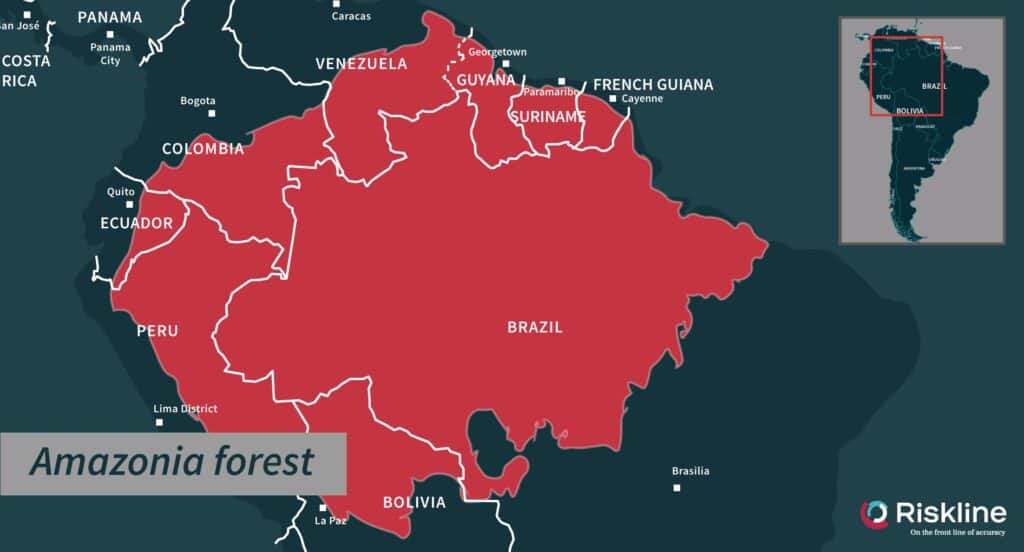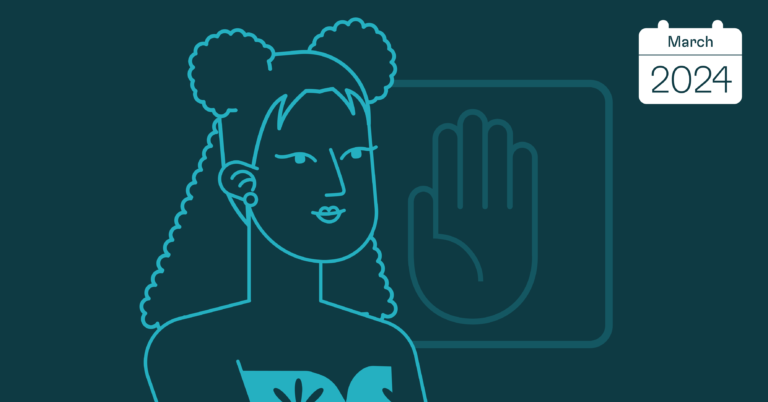As thick plumes of smoke blanketed Brazil’s most populous city, São Paulo, as well as Uruguay’s Montevideo and northern parts of Argentina in August, global attention turned to the Amazon. The ‘lungs of the planet’ are burning, and people across the region are increasingly exposed to health effects due to deteriorated air quality.
Around 60 percent of the Amazon – the world’s largest rainforest – is in Brazil, while the rest spreads out over neighbouring Bolivia, Colombia, Ecuador, Guyana, French Guiana, Peru, Suriname and Venezuela. While fires rarely begin naturally in the Amazon ecosystem, intentionally setting forest fires is common in the dry season between July and early October for “slash and burn” agriculture, and this year has seen a larger than usual number of such fires. Brazil’s National Institute for Space Research reported in mid-September that the some 100,000 wildfires in the country in 2019 have burned over 4.3 million hectares (10.6 million acres) – more than the size of Switzerland and a 50 percent increase from the same period last year. Researchers point out that the timing and location of many of the fires are consistent with land clearing for agriculture – often soya or other animal feed needed for meat production. Once hit by fires, many trees that appear to survive the initial blaze suffer a slow death, or at least become more prone to future fires. Previous fire damage and drought can make fires more likely, creating a vicious cycle. The frequency and intensity of drought in the region is also increasing due to climate change, putting otherwise drought-resistant rainforests at risk, while a decrease in rainforest areas further reduces rainfall in the region.
Similar fires in Bolivia, Paraguay and northern Argentina have largely gone under the radar, even while the Bolivian fires alone have burned more forest and savanna than the fires in Brazil – a country eight times larger than Bolivia. Bolivian firefighters, army troops and volunteers have been working for the past two months to put out the fires, some of the worst in the country’s recent history, most of which are burning in the eastern lowlands, across the Chiquitanía area of Santa Cruz department. In Paraguay, the northern provinces of Chaco, Alto Paraguay and Boquerón have also been particularly affected by forest fires. While a severe drought and high winds have exacerbated the fires, allowing “slash and burn” policies as part of agribusiness interests and policies that focus on economic development rather than environmental protection are considered to have triggered the catastrophic situation. Both Brazil and Bolivia have encouraged harmful practices to extend the countries’ ranching and agricultural frontier while winding back protections of the Amazon as a path to economic growth and control over the sparsely populated territory.
The fires have triggered protests in major cities and governments of the affected countries have declared states of emergencies and issued warnings for deteriorated air quality and consequent health effects for sensitive populations, while healthcare facilities report an increase in medical appointments due to respiratory problems across the affected areas. Tourism has also been severely affected, particularly in Bolivia’s Chiquitanía. In August, a rare combination of a cold front that carried smoke from the Amazon thousands of kilometres south and eastward towards the Atlantic coastline and humid air along the coastline darkened São Paulo’s sky. Unfortunately, it cannot be ruled out that this phenomenon will repeat in the coming dry seasons if regional governments do not limit deforestation. Even the latest proposal of Brazil to gather international funding for bio-economy projects across the Amazon is unlikely to deter further deforestation. Increasing health effects, including an increase in respiratory diseases, particularly for children, elderly and those with pre-existing conditions such as asthma,can be expected in the near-term throughout the region. After all, smoke knows no borders.
Eeva Ruuska is a Mexico-based political and security risk analyst covering Latin America.















